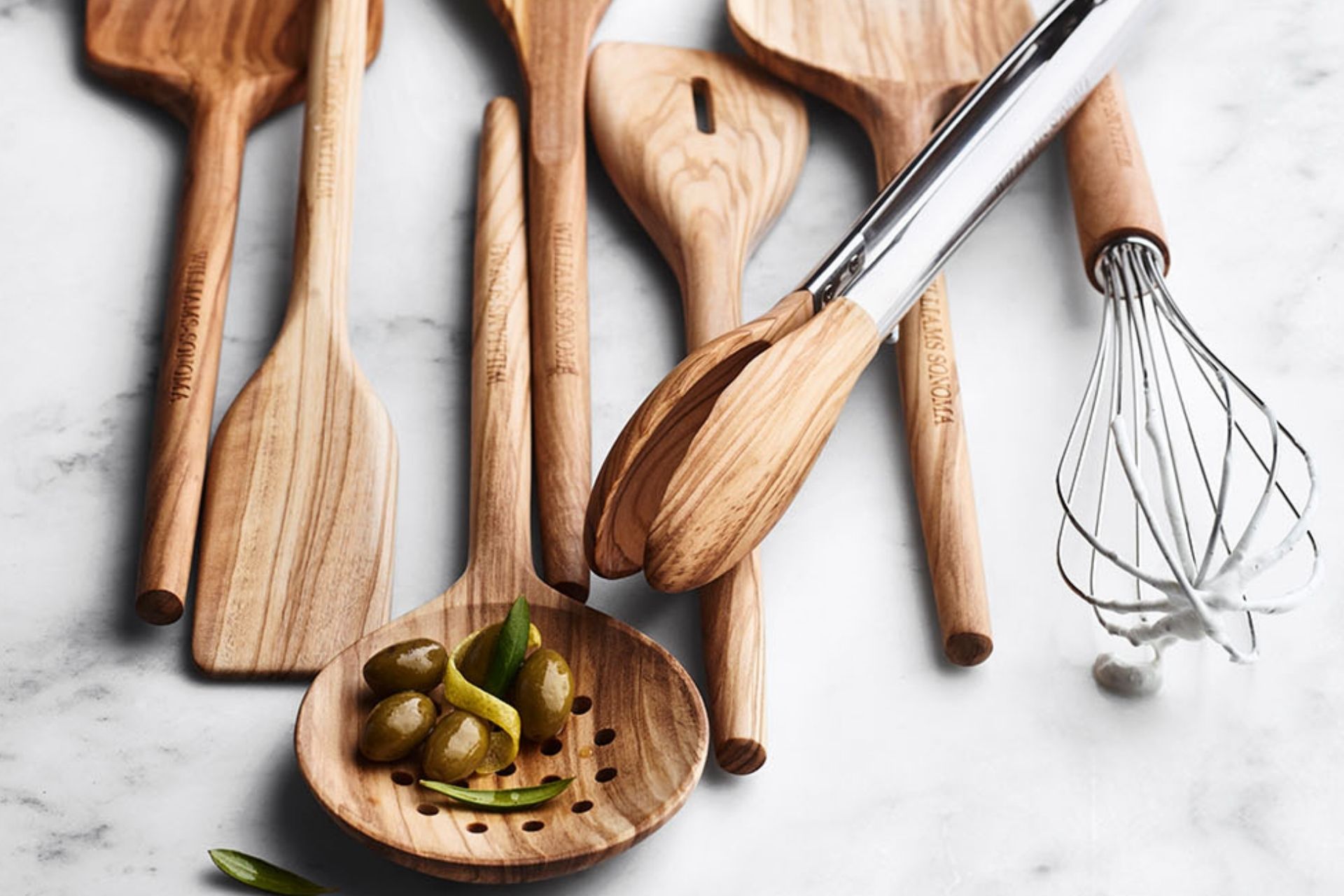Continued comparable store growth helped Williams-Sonoma beat an earnings estimate even if revenues fell short of Wall Street’s favor. The company’s loyalty program also proved a positive influence on the fourth quarter, Williams-Sonoma pointed out.
For the quarter, net earnings were $402.9 million, or $5.41 per diluted share, versus $309 million, or $3.92 per diluted share, in the year-prior period.
Adjusted for one-time events, diluted earnings per share were $5.42 versus $3.95 in the quarter a year earlier.
Williams-Sonoma topped MarketBeat-published earnings per adjusted diluted share estimate by 60 cents but fell $80 million short of a revenues estimate.
Company comparable revenue was up 10.8% in the quarter year over year, with West Elm up 18.3%, Pottery Barn up 16.2%, Pottery Barn Kids and Teen down 6.1% and Williams Sonoma up 4.5%. It is worth noting that comps for all those banners advanced more than 20% in the 2020 fourth quarter.
Net revenues were $2.5 billion versus $2.29 billion in the year-previous quarter. Williams-Sonoma reported. Operating income was $524.6 million versus $402.1 million in the year-before period, while adjusted operating income was $525.4 million versus $410.4 million.
For the full year, net earnings were $1.13 billion, or $14.75 per diluted share, versus $680.7 million, or $8.61 per diluted share, in the year prior.
Adjusted diluted earnings per share were $14.85 versus $9.04 in the earlier year.
Net revenues were $8.25 billion versus $6.78 billion in the year previous. Operating income was $1.45 billion versus $910.7 million in the year before, while adjusted operating income was $1.46 billion versus $961.2 million.
In a conference call, Williams-Sonoma CEO Laura Alber said that the company continues to explore business-to-business sales and boosted its international operations while gaining more advantage from its cross-brand loyalty program, The Key. She said Williams-Sonoma continues to experience record levels of customer engagement and an all-time high loyalty program membership. A recently launched cross-brand credit card reached its six-month anniversary, she noted, producing cardholder spend and cross-brand activity that exceeded expectations.
As it moves forward, Williams-Sonoma will focus on personalization efforts in digital marketing including in the loyalty effort, and it will continue to leverage in-house managed first-party data across brands, which positions the company for the cookie-less future that is rapidly approaching, Alber said. The multifaceted loyalty program generates benefits across the company’s business portfolio and is a competitive advantage few of its peers offer, she insisted.
In the conference call, CFO Julie Whalen said that the company worked to boost gross margin in the fourth quarter, which came in at a record 45%, up 290 basis points year over year. The strength of merchandise margins drove 270 basis points of the figure. With all of its other initiatives, the company made a strategic decision to preserve pricing integrity by eliminating site-wide promotions allowing it to absorb increased freight and product costs while still delivering strong, profitable merchandise sales, she said.
In announcing the results, Alber said, “We are thrilled to deliver a strong finish to fiscal 2021, driving record results, with Q4 comps of 10.8% and operating margin expansion of 310 basis points. These results reflect the resilience in our business model, as we successfully navigated unprecedented challenges within the supply chain, material and labor shortages, and capacity limitations from our incredible consumer demand. This resilience, coupled with continued execution in our growth initiatives, fueled an annual comp of 22%, operating margin expansion of 350 basis points, and EPS growth of 64% to $14.85 per share.”





